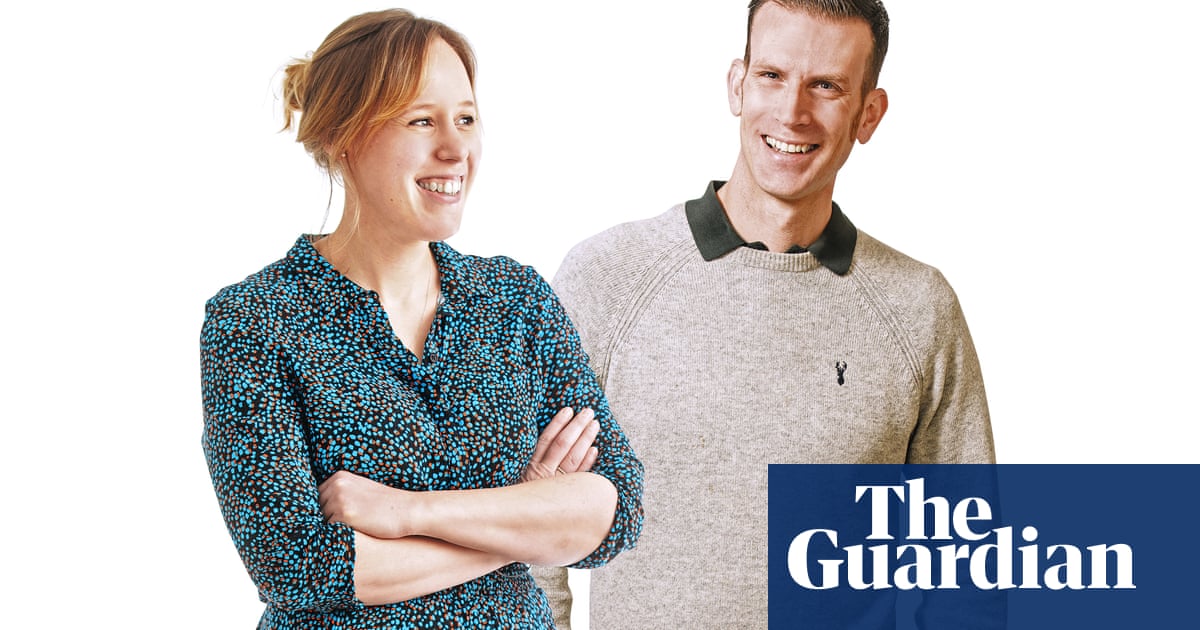
The evidence of atrocities by Russian troops as they retreat from central Ukraine is appalling. Denials and claims of fabrication out of Moscow are worthless. The alleged massacres in Bucha and elsewhere cannot be put down to the indiscipline of war. After a month of targeted destruction of homes, hospitals and schools, they indicate a systematic campaign of terror against an entire population. They recall the worst depravities of the second world war.
The conflict in Ukraine is mutating from an all-embracing Russian conquest to the strategic exploiting of separatists in Donbas to strengthen Russia’s position on the Black Sea. It has become an escalation of a secessionist war that began in 2014. From that, Nato and the western world have largely, and probably rightly, held aloof.
But how should the outside world react to the new revelations? The suffering of peoples in conflicts far from Europe tends to pale against suffering “on our doorstep”, when screened nightly on television. Afghanistan’s two decades of western intervention have led millions of Afghans to face starvation, largely through western sanctions. Of their agony the news is silent.
That does not make Ukraine’s suffering any less real. This week the country’s president, Volodymyr Zelenskiy, set up an inquiry to collect evidence of Russian war crimes. These may include breaches of Geneva conventions on the conduct of war, acts of genocide and crimes against humanity. As the international lawyer Philippe Sands has pointed out, “the real issue that prosecutors will face” with regard to these crimes is whether they can “trace responsibility right up to the leadership”. This requires fixing responsibility for frontline behaviour on a superior authority. In Ukraine, it would require evidence that Vladimir Putin ordered or knowingly permitted atrocities. His possible defence – he could not be accountable for the fog of war or the horrors of battle – would have to be rebutted.
The first indictment of a sitting head of state before an international tribunal was Yugoslavia’s Slobodan Milošević in 1999. He was charged with counts emerging from seven massacres. His laborious trial dragged on for six years until in 2006 he died, unconvicted, in prison. By then Yugoslavia had moved on and the trial had lost retributive or deterrent impact. This illustrates Zelenskiy’s difficulty, but should not discourage him from proceeding. The cruelties of war need constant publicising and the west should offer every assistance.
Another judicial route proposed by Sands and others is a tribunal into the crime of aggression in particular. Here the argument is that all actions by soldiers result from decisions by their leaders, including unprovoked aggression against a foreign state. Putin could not wriggle off this hook. His generals, even his seemingly vanished defence secretary, Sergei Shoigu, could argue that they were obeying no orders but his.
Whether at the Nuremberg trials or with the signing of the charter of the United Nations, international action has struggled to outlaw attacks on one sovereign state by another. It concentrates responsibility at the point of authority, be it democratic or authoritarian. It seeks to bring international law and morality to the service of peace. Law-law is better than war-war.
While superficially attractive, such an approach would face uncomfortable hurdles. It would probably require UN security council initiative, which would be vetoed by Russia and possibly China. More to the point, many UN members hardly have clean hands on aggression. Western interventions in Yugoslavia in 1999 and Iraq in 2003 were of dubious legality, as have been other interventions around the world by Nato or its members, however noble the intentions.
Meanwhile, Boris Johnson and other western leaders gaze at the images from Bucha and reflexively agree that something must be done, and the only thing they can think of is “ever tougher sanctions”. Despite being the most savage ever imposed on an economy of comparable size, they have patently failed to dent Putin’s resolve. Admittedly unreliable polls indicate little domestic opposition to him, whether among the Russian people or the Moscow elite. A sense of embattlement and cultural ostracism has seen both groups hunker down in a patriotic trench. Putin’s decisions are governed by battles not sanctions, by tanks not banks. If the west wants to help Ukraine it should do so by proxy, by sending weapons.
History offers scant evidence that decisions taken in the heat of war are governed by economics. The historian Nicholas Mulder finds the US withdrawal of financial support from Britain over Suez in 1956 as one of the few examples of it having any impact on policy. Plenty of sanctions “hurt” – usually poor people – but almost none can be shown to have the slightest bearing on a victim state’s conduct of a conflict. As for driving the price of Europe’s gas, oil and grain through the roof, sanctions may make outsiders “feel Ukraine’s pain”. They will not relieve it, any more than currently traumatising Europe’s political economy for years to come will help a postwar recovery.
We should not ignore the most lasting weapon, the tribunal of world opinion. The pictures of Bucha are being seen on the streets not just of Europe and the US but across the world. Russia’s reputation is being badly damaged. There will come a point when the cries of an outraged world penetrate even Moscow’s mendacious publicity machine and set the record straight. As for Putin, he has merely assured himself of pariah status for life. His yacht will never drop anchor in a western harbour.
Simon Jenkins is a Guardian columnist











